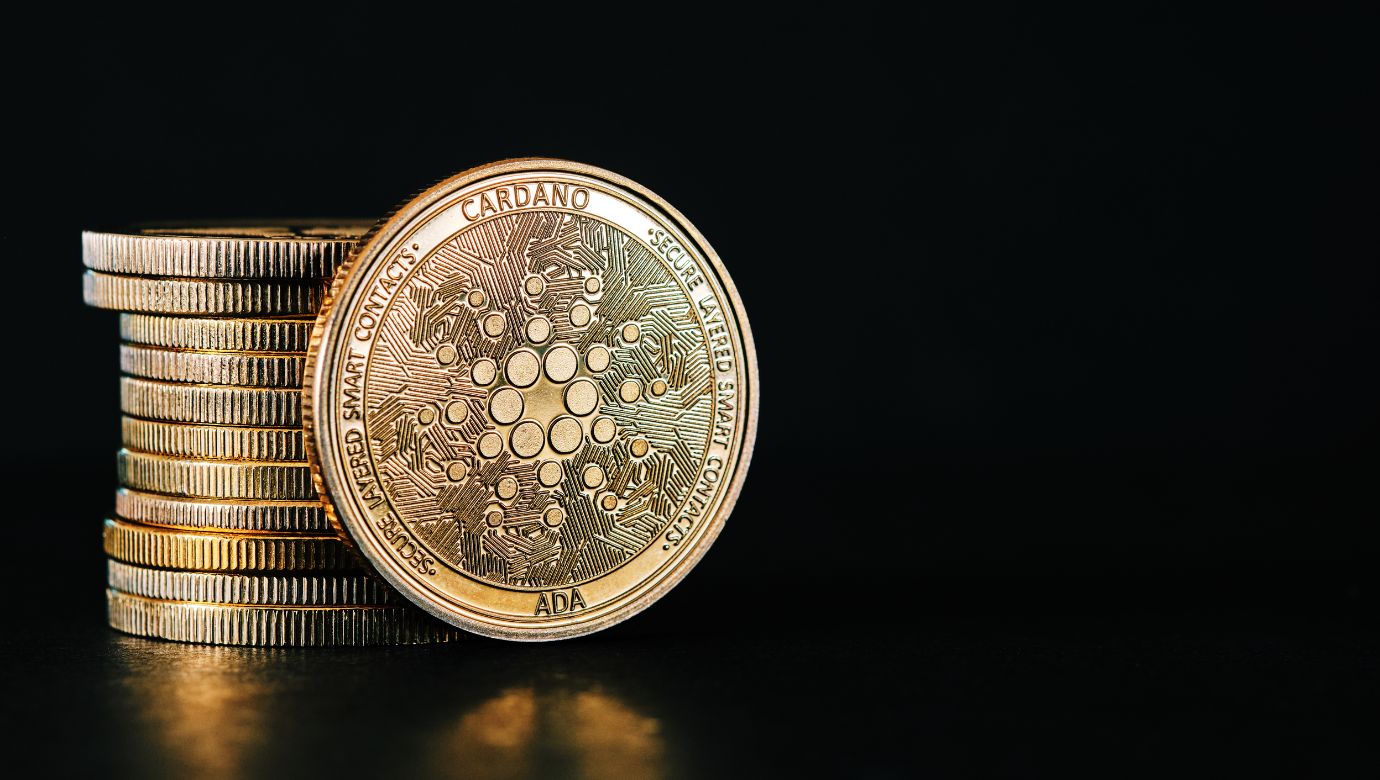Charles Hoskinson, the founder of Cardano, a smart contracting platform, thinks his blockchain is “pretty special” and well thought out from the design point of view.
Charles Hoskinson Boasts About Cardano
In a tweet on April 3, Hoskinson, who has never shied from expressing his thoughts on Cardano, often heaping praises on blockchain design, also said the network’s staking model is “excellent” and well-executed.
Cardano is pretty special. It's almost like a lot of people thought about how to build an excellent staking protocol years ago and made it happen pic.twitter.com/SydlMTYyy1
— Charles Hoskinson (@IOHK_Charles) April 3, 2023
His comment comes after ADA, the platform’s native cryptocurrency, recovered from 2022 lows, rallying roughly 70% in Q1 2023.
When writing on April 3, ADA was trading at $0.40, steady in the last 24 hours, rising 14% in the previous trading week. It is perched at the 7th position on the market capitalization leaderboard. Still, it trails Ethereum, which is the second most valuable coin after Bitcoin.
The founder expressly compared Cardano with Ethereum, a parallel smart contracting platform, and cited the huge difference between the two networks’ staking wallets. Like Cardano, Ethereum is a proof-of-stake platform. It relies on a community of Validators to approve transactions and keep the network decentralized.
However, while Cardano was launched from the beginning as a staking platform, Ethereum recently shifted to a proof-of-stake consensus model after operating for years a proof-of-work blockchain reliant on miners for network security.
A key difference between Ethereum and Cardano is that the latter also relies on a different architecture. In Cardano, stakers can still participate in activities such as initial stake pool offerings (ISPOs) while concurrently earning rewards from staking. This non-custodial nature of ADA staking, coupled with the first mover advantage, places Cardano ahead in the number of staked wallets compared to Ethereum.
By April 3, 2023, there are over 2,900 stake pool operators, that is, validators with stakes, according to ADASTAT. Out of this, there were 1,271,709 unique delegators.
It is a statistic that Hoskinson has regularly cited in recent months, pointing to the network’s superior community engagement and decentralization, even after Ethereum shifted to a proof-of-stake system.
Ethereum Planning For Shanghai
In Q1 2023, the network has over 66,900 new validators, staking at least 32 ETH, on Ethereum, on-chain data shows. Ethereum plans to activate the Shanghai upgrade in mid-April 2023 with the objective of the Shanghai upgrade being to allow ETH stakers to withdraw their coins from the Beacon Chain more than two years after they first locked their coins. This upgrade might disrupt ETH prices and the number of Ethereum validators.
Still, whether this would also impact Ethereum’s decentralization is yet to be seen. Ahead of this upgrade, liquidity staking protocols like Lido DAO have been increasingly managing billions of dollars worth of assets, as DeFiLlama data shows.







